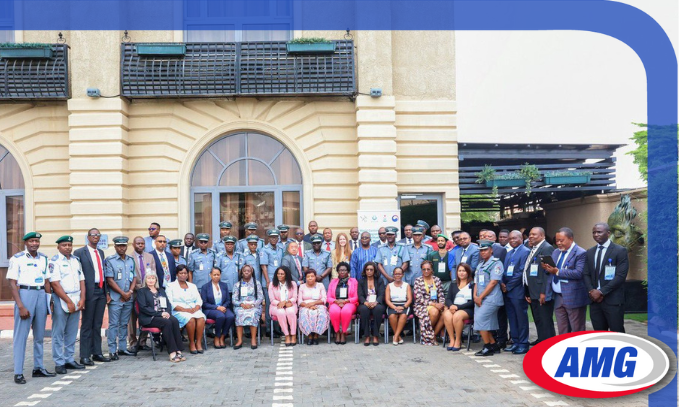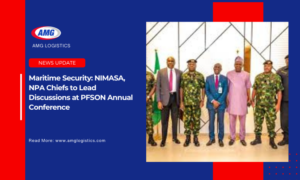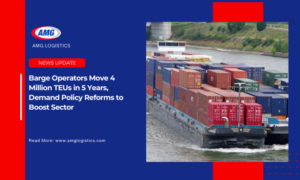The Nigeria Customs Service (NCS) has played host to over 32 delegates from West and Central Africa as well as East and Southern Africa Regions to flag off a 3-day workshop on the Revised Kyoto Convention (RKC) in Abuja, Nigeria.
Declaring the workshop open on behalf of the Comptroller-General of Customs, Assistant Comptroller-General in-charge of Strategic Research and Policy (SR&P), ACG Ibrahim Alfa, welcomed the participants to the workshop and described the development as timely.
ACG Alfa recalled how Nigeria Customs Service recorded numerous strides in improving the staff’s efficiency, urging the participants to accede to the convention.
He said, “As we gather here today to consider the issues involved in the arts and sciences of RKC, I urge all non-contracting members to consider acceding to the convention seriously.”
He expressed confidence that implementing RKC’s provisions will immensely benefit the participants’ countries and contribute to harmonising Customs procedures across the African continent.
“I want to use this opportunity to request African contracting party members to be more involved in the current RKC review process. As you know, the review process typically involves consultations with member states, discussions within WCO committees and working groups, and feedback on emerging trade facilitation challenges.” ACG Alfa said.
On his part, the Technical Staff of the WCO Secretariat, Phuntsho Dorji, urged the participants to pay attention to what will be discussed during the workshop, adding, “This workshop was organised with the intention to unite the participating countries.”
He applauded the Comptroller-General of the Nigeria Customs Service, Bashir Adewale Adeniyi, for hosting the participating members of RKC in Nigeria to conduct the workshop, adding, “I want to urge you to use this opportunity to unite with one another.”
The revised Kyoto Convention (RKC) represents a standard mechanism to enhance international trade facilitation and Customs modernisation through harmonising Customs procedures, promoting transparency, and improving the efficiency of cross-border trade.





